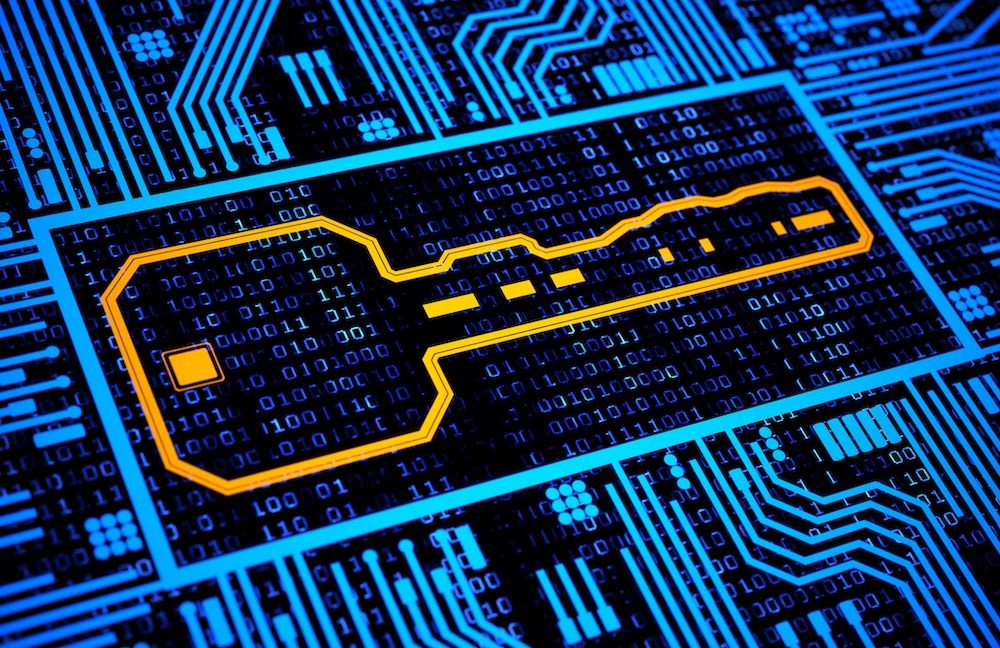As a reminder, current estimates are that quantum cracking of a single 2048-bit RSA key would require a computer with 20 million qubits running in superposition for about eight hours. For context, quantum computers maxed out at 433 qubits in 2022 and 1,000 qubits last year. (A qubit is a basic unit of quantum computing, analogous to the binary bit in classical computing. Comparisons between qubits in true quantum systems and quantum annealers aren’t uniform.) So even when quantum computing matures sufficiently to break vulnerable algorithms, it could take decades or longer before the majority of keys are cracked.
The upshot of this latest episode is that while quantum computing will almost undoubtedly topple many of the most widely used forms of encryption used today, that calamitous event won’t happen anytime soon. It’s important that industries and researchers move swiftly to devise quantum-resistant algorithms and implement them widely. At the same time, people should take steps not to get steamrolled by the PQC hype train.



Man, quantum computers has been about-to-break-encryption since the 90s. The hype never ends, just a new crop of people first hear it then figure out it’s bullshit.
But isn’t the point that we just need to stay ahead of it. Surely encryption used in the 90s could be broken by a quantum computer today?
I do not know of any such occurrence. I would like to know about it
It seems the RSA-155 (512 bit) encryption commonly used in the 90s was broken in 1999, no quantum needed (due to it being based on primes).
Though from what I can search up, reddit users from 10 years ago were confident a 128 bit modern algorithm (e.g. AES) would never be able to be brute forced, even by quantum computers.
I dunno, sometimes I wonder if not everyone on the internet is an expert.
Not to mention we already have quantum-computer-resistant cryptography.
I just lie in every encrypted message I send so even when they crack it they won’t know the truth
There’s an idea for a crypto. You send a message, another message (or 100000) gets created by ai I guess, and based on some predetermined hash the retriever must calculate which is correct, the lie/other message is discarded.
I’ll call it Never tell a lie, or NTL
It’s like nuclear fusion, always just around the corner…
Didn’t you hear, they’ve almost succeeded at nuclear fusion, almost 90 whole seconds of stable fusion, any day now